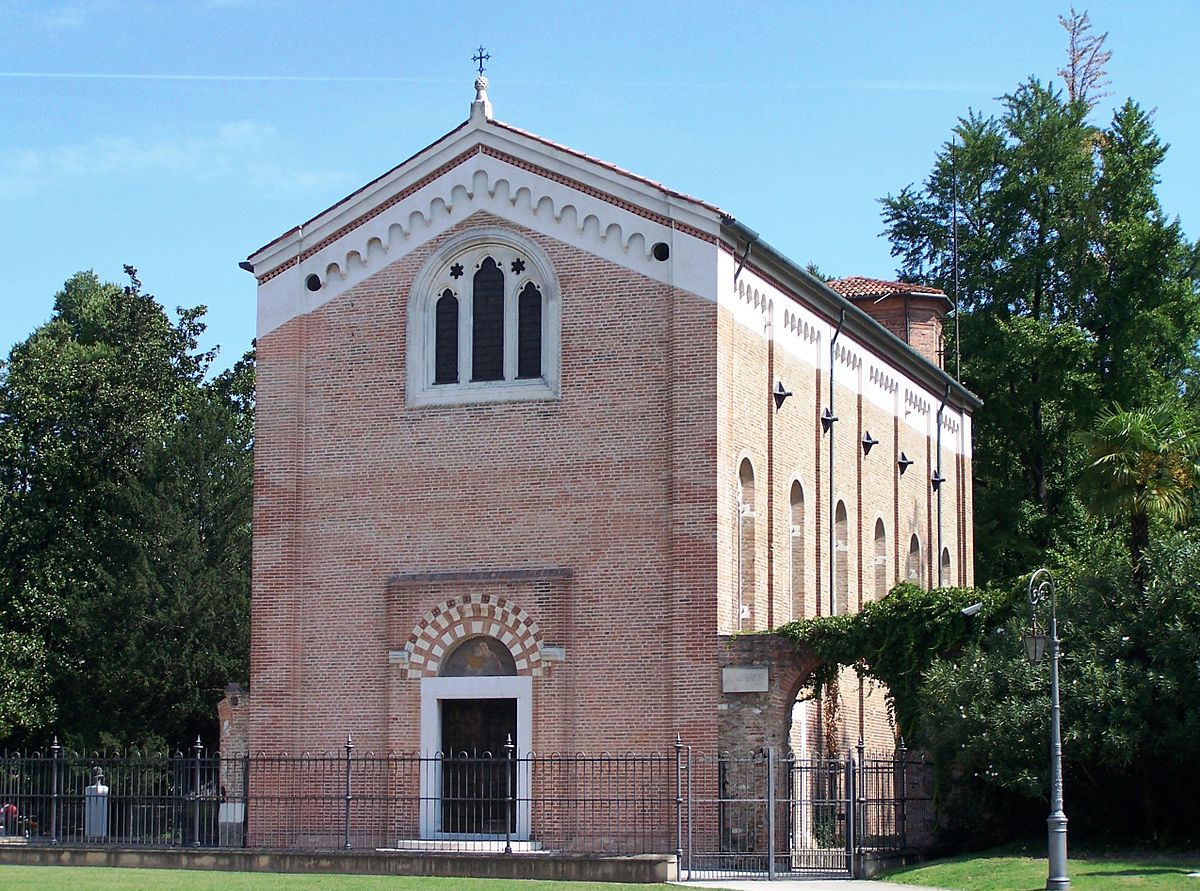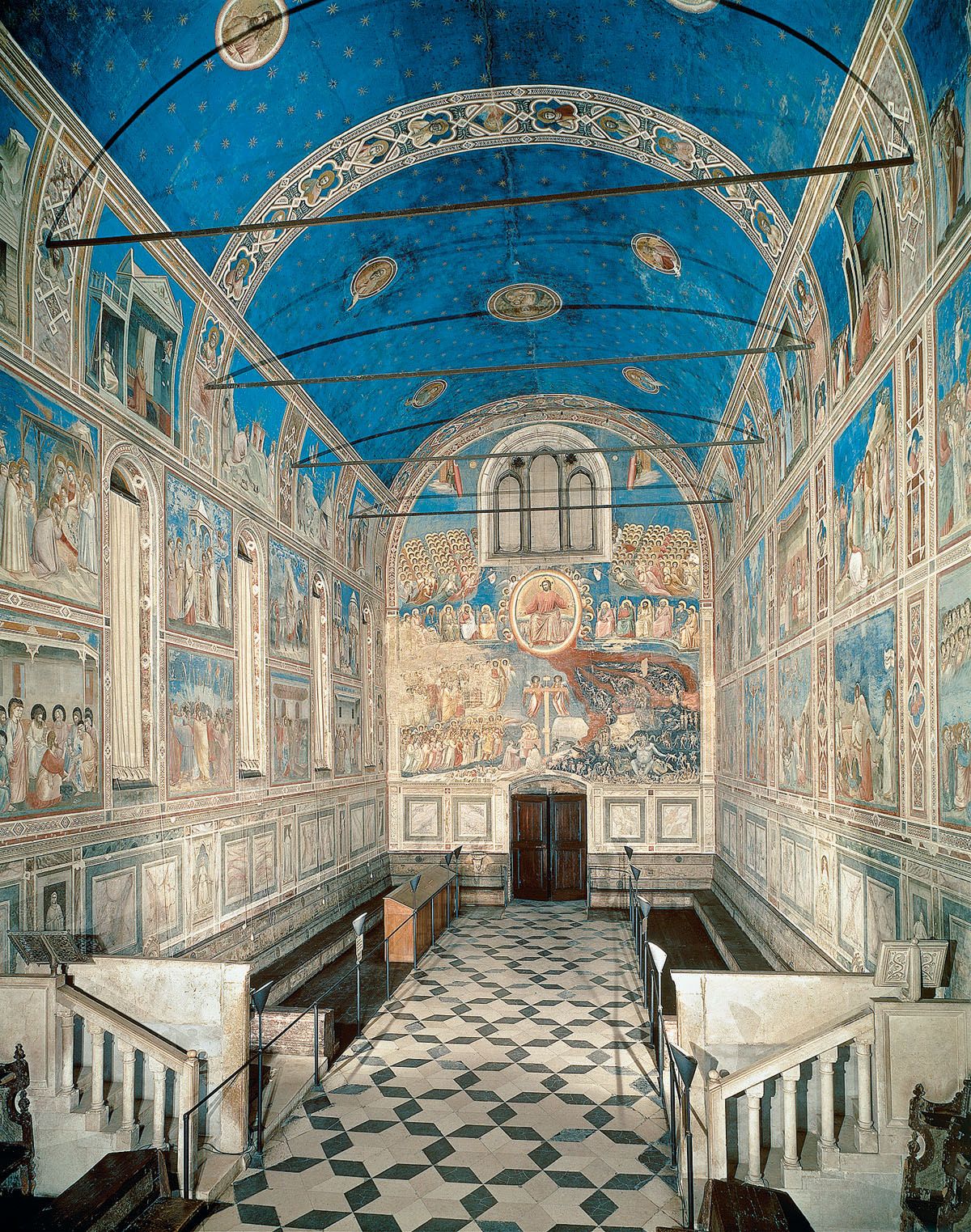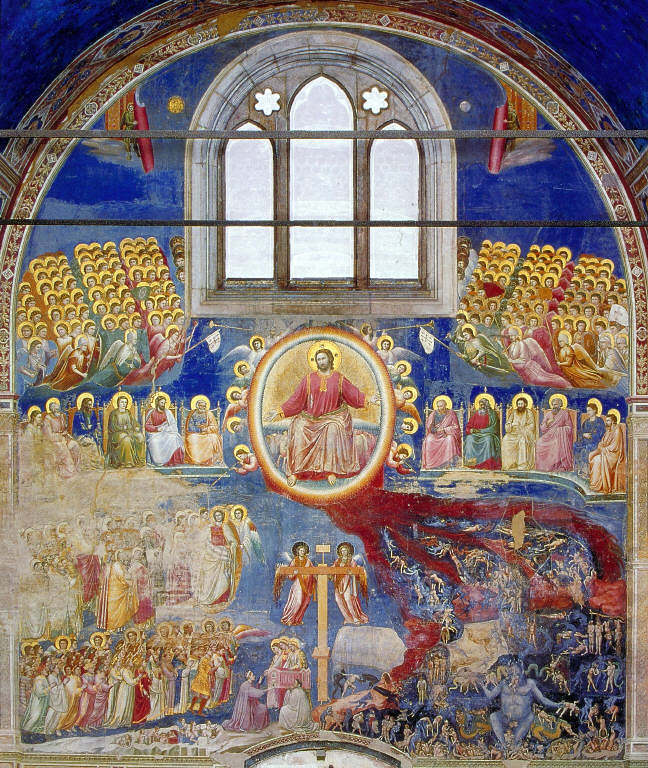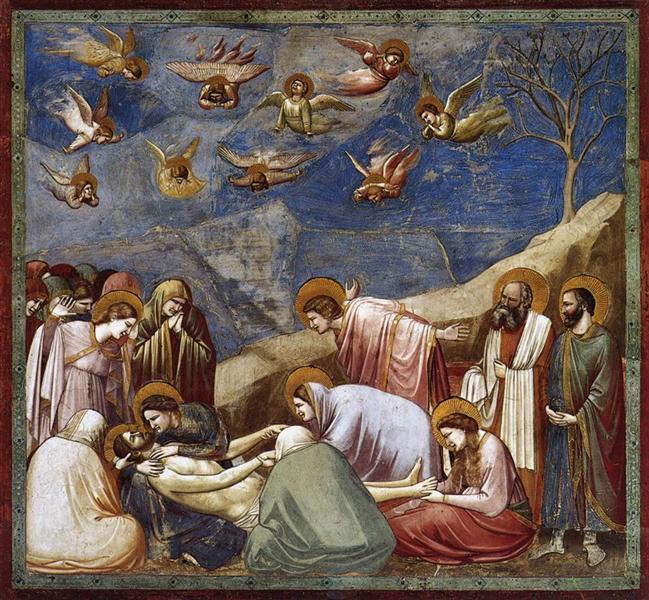Chapter 13: Gothic Art in Italy
0.0(0)
Card Sorting
1/10
Last updated 8:32 AM on 3/22/23
Name | Mastery | Learn | Test | Matching | Spaced | Call with Kai |
|---|
No analytics yet
Send a link to your students to track their progress
11 Terms
1
New cards
Sienese or Florentines
Italy was divided into a spectrum of city-states, ruled by an assortment of princes, prelates, and the occasional republic; the citizens call themselves _________.
2
New cards
Guilds
______ were artist associations that determined:
* how long apprenticeships should take,
* how many apprentices an artist could have, and
* what the proper route would be for an artist trying to establish him- or herself on his or her own.
* how long apprenticeships should take,
* how many apprentices an artist could have, and
* what the proper route would be for an artist trying to establish him- or herself on his or her own.
3
New cards
free-market
The guild system remained in effect until replaced by the ____ approach that took hold in the eighteenth century.
4
New cards
Franciscans
the devoted followers of Saint Francis of Assisi
5
New cards
Dominicans
the faithful followers of Saint Dominic de Guzman
6
New cards
Trecento
the 1300s, or fourteenth century, in Italian art
7
New cards
Maniera greca
(Italian for “Greek manner”) a style of painting based on Byzantine models that was popular in Italy in the twelfth and thirteenth centuries
8
New cards
emotions
Expressions and gestures intensify ______.
9
New cards

Arena (Scrovegni) Chapel
* It is also called the Scrovegni Chapel after the name of the patron, Enrico Scrovegni.
* Some narrative scenes illustrate biblical episodes of ill-gotten gains.
* It was built to expiate the sin of usury through which Scrovegni’s father amassed a fortune; shows the rise of patronage from the European business class.
* Some narrative scenes illustrate biblical episodes of ill-gotten gains.
* It was built to expiate the sin of usury through which Scrovegni’s father amassed a fortune; shows the rise of patronage from the European business class.

10
New cards

Last Judgment from the Arena Chapel
**Content**
* Christ as judge, coming at the end of the world.
* Heavenly powers are arranged in an organized chorus; heads aligned in a row.
* Twelve apostles are arranged symmetrically around Christ.
* Cross at bottom center divides the saved from the damned.
* Christ as judge, coming at the end of the world.
* Heavenly powers are arranged in an organized chorus; heads aligned in a row.
* Twelve apostles are arranged symmetrically around Christ.
* Cross at bottom center divides the saved from the damned.
11
New cards

Lamentation from the Arena Chapel
* Shallow stage; figures occupy a palpable space pushed forward toward the picture plane.
* Diagonal cliff formation points to main action daringly placed in lower left-hand corner.
* Sadness of scene emphasized by grieving angels.
* shows scenes of Jesus’s followers mourning his death
* Diagonal cliff formation points to main action daringly placed in lower left-hand corner.
* Sadness of scene emphasized by grieving angels.
* shows scenes of Jesus’s followers mourning his death